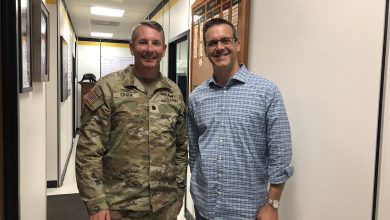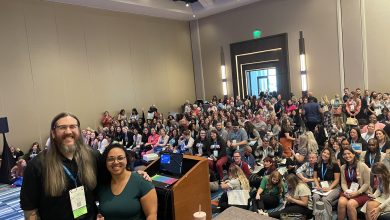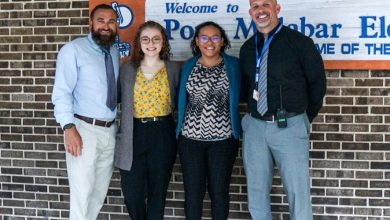405 Police Contact & Adolescent Health
Research by McFarland, Michael, Geller, A. and McFarland, Cheryl. (2019)
Written by Katelyn Goodall, M.A.
To reduce criminal activity, police use proactive strategies to stop and search about 25% of the urban community, yet they do not arrest the great majority of these. What are the consequences to adolescents who experience or witness this aggressive, unfounded tactic?
McFarland and colleagues evaluated the association between an adolescent’s experiencing or witnessing stops by the police and adverse health consequences.
They used data from the Fragile Families and Child Wellbeing longitudinal Survey of families in 20 large urban areas for 3500 children over their first 15 years. These data identified personal police contact, witnessing others being stopped, and adolescent’s health self-report.
Results? Adolescents who recounted personal or witnessing contact with police reported lower levels of health and higher perceived injustice than their non-exposed counterparts. Furthermore, racial minority adolescents experiencing police contact reported lower levels of health than Caucasian adolescents having same amount of police contact.
Police and health practitioners: consider police stops and searches as adverse childhood events that can have detrimental health results. Let’s rethink this form of policing in neighborhoods and find ways to build, rather than reduce trust between the police and teens.
Reference:
McFarland, M. Geller, A. and McFarland, C. (2019). Police contact and health among urban adolescents: The role of perceived injustice. Social Science and Medicine, 238, 1-9.





